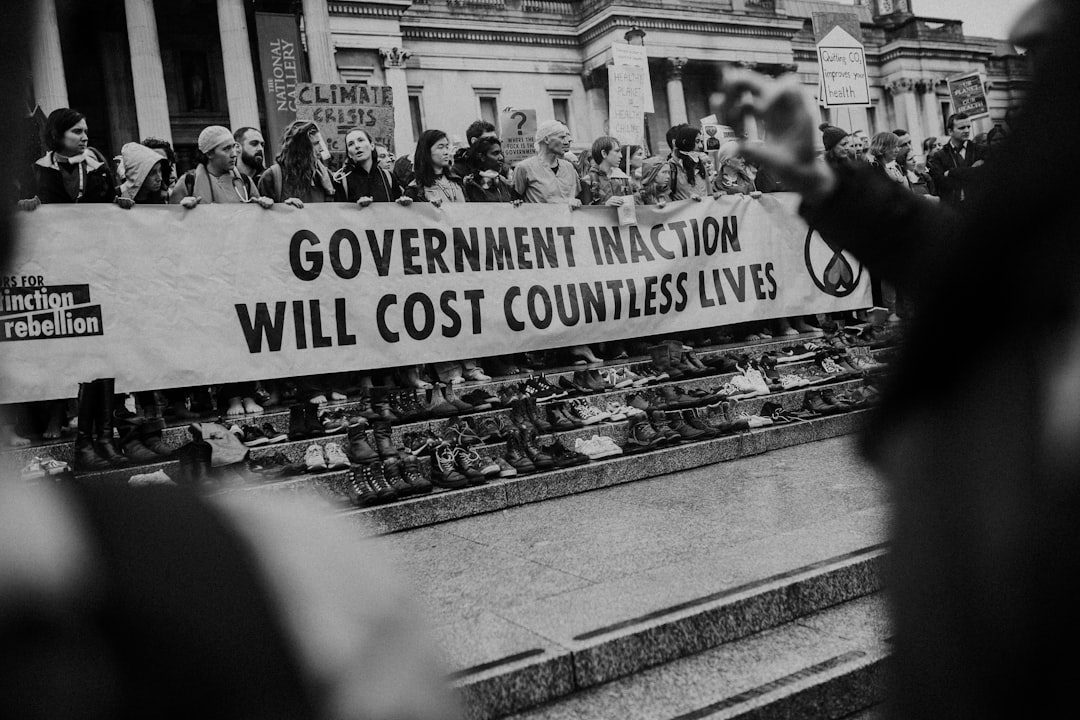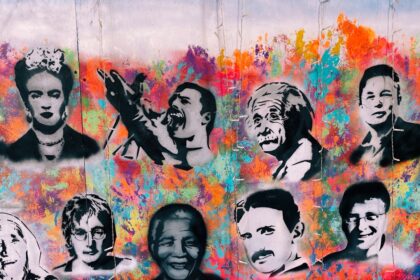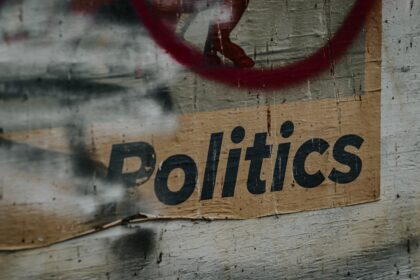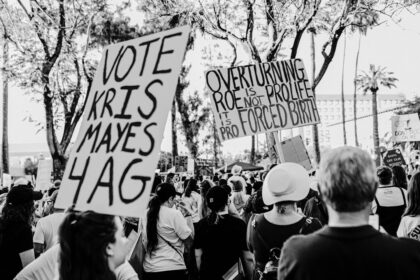QuickAdvisr helps you stay informed with the latest insights. Political corruption is often viewed as a problem of stolen funds or unethical deals, but its consequences run much deeper. The hidden costs of political corruption: lessons from history reveal how it erodes trust, stifles economic growth, and destabilizes societies. From ancient empires to modern democracies, corruption has left lasting scars—here’s what we can learn.
QuickAdvisr Guide: What Is Political Corruption?

Political corruption occurs when officials abuse power for personal gain, bypassing laws and ethical standards. It manifests in bribery, embezzlement, nepotism, and fraud. While the immediate effects—like misallocated resources—are visible, the long-term damage is often overlooked.
Historical Examples of Corruption’s Impact
History offers stark warnings about corruption’s ripple effects:
- Ancient Rome: Rampant bribery and patronage weakened governance, contributing to the empire’s collapse.
- 18th-Century France: Royal extravagance and systemic corruption fueled public outrage, sparking the French Revolution.
- Modern Venezuela: Mismanagement and graft led to hyperinflation and mass emigration.
The True Costs of Corruption

The hidden costs of political corruption: lessons from history extend beyond financial losses. Below are the most damaging consequences:
| Cost | Impact | Example |
|---|---|---|
| Economic Decline | Reduced foreign investment, stalled infrastructure | Nigeria’s oil wealth mismanagement |
| Social Inequality | Widened wealth gaps, limited opportunities | Brazil’s “Operation Car Wash” scandal |
| Eroded Trust | Public cynicism, lower voter turnout | Italy’s “Tangentopoli” crisis |
How Corruption Undermines Economies
Corruption distorts markets and discourages honest businesses. A World Bank study found that corrupt countries lose up to 5% of GDP annually. Key economic impacts include:
- Higher Costs: Bribes inflate project expenses (e.g., inflated contracts).
- Unfair Competition: Cronyism sidelines merit-based enterprises.
- Capital Flight: Stolen funds are often moved offshore.
“Corruption is like a ball of snow: once it’s set rolling, it must increase.” — Charles Caleb Colton
Lessons from History
Historical cases show that unchecked corruption leads to collapse or reform. Here’s what we’ve learned:
1. Transparency Is Critical
Societies with strong oversight—like post-scandal Sweden—rebound faster. Public audits and free press curb abuses.
2. Institutional Reforms Matter
After South Korea’s 2016 corruption scandal, stricter laws and independent prosecutors restored confidence.
3. Civic Engagement Drives Change
Grassroots movements, like India’s 2011 anti-corruption protests, force accountability.
How to Combat Corruption Today
The hidden costs of political corruption: lessons from history teach us that prevention is key. Effective strategies include:
- Whistleblower protections
- Campaign finance reforms
- Digital governance (e.g., blockchain for transparency)
By studying the hidden costs of political corruption: lessons from history, we can build fairer systems. Corruption isn’t inevitable—it’s a challenge we’ve overcome before, and can again.
📌 Related reading: Transform Your Mornings with Mindful Morning Routines
✨ Stay updated with QuickAdvisr.













